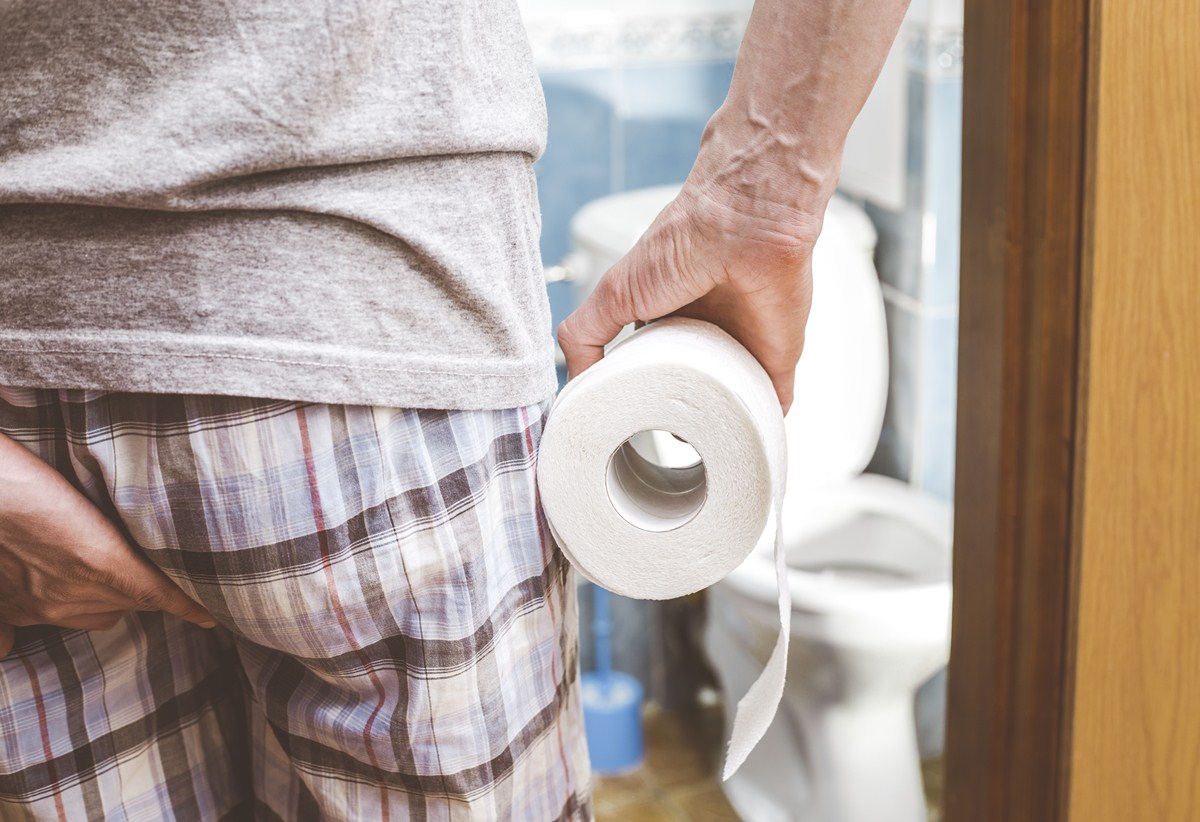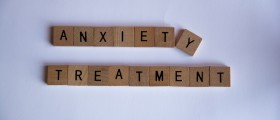There is no conclusive evidence to prove that masturbation can result in diarrhea or constipation. This should be the point that must be noted by those who wonder if a normal bodily process can result in gastrointestinal issues.
With that being said, although there is no direct link between masturbation and bowel habits there are conditions that can be associated with both these processes.

Why do we think that masturbation may be linked to changes in bowel habits?
The reason why humans masturbate is to satisfy sexual arousal and this is a normal process of the body, even though there have been cultures that have made the process seem like a sin or an immoral activity.
Masturbation occurs as a result of humans needing to satisfy themselves sexually as a response to various stimuli. In most cases, the activity is performed to release sexual tension so that we don't go around like animals and try to have sexual intercourse with just anyone we find sexually appealing.
If increased anxiety becomes overwhelming though, the affected person may start to experience physical manifestations of this problem. One of the main complications of increased and unresolved anxiety is irritable bowel syndrome (IBS). The increased anxiety causes the smooth muscles of the colon to contract abnormally and this results in a situation where bowel changes occur and may result in a variation between loose and hard stools.
Stressors
Those who are experiencing increased anxiety may be exposed to stressors such as:
- Death of a loved one.
- Filing for divorce.
- Having been exposed to trauma.
- Being abused or neglected.
- Financial concerns.
- Having children experiencing problems at school.
- Legal problems.
- Being unemployed.
- Having social or work-related issues at school or at work.
- Excessive demands at school or at work.
- Job insecurity.
- Being retrenched or failing a grade.
- Being hospitalized.
Other signs and symptoms
Some people may experience an increased frequency in masturbation together with bowel changes and, as mentioned, may think the two are directly connected but the presence of other signs and symptoms may help raise the suspicion of these issues being anxiety-related.
These include issues such as:
- Feeling fatigued or having low energy and drive.
- Constant headaches.
- Chest pains.
- Generalized muscle aches and pains.
- Becoming easily agitated, moody, or frustrated.
- Feeling overwhelmed and that control is being lost.
- Having a low self-esteem, feelings of worthlessness, and feeling depressed.
- Avoiding others and activities that were once pleasurable.
- Struggling to relax.
- Having constant thoughts running through the mind.
- Disturbed sleeping patterns.
















_f_280x120.jpg)